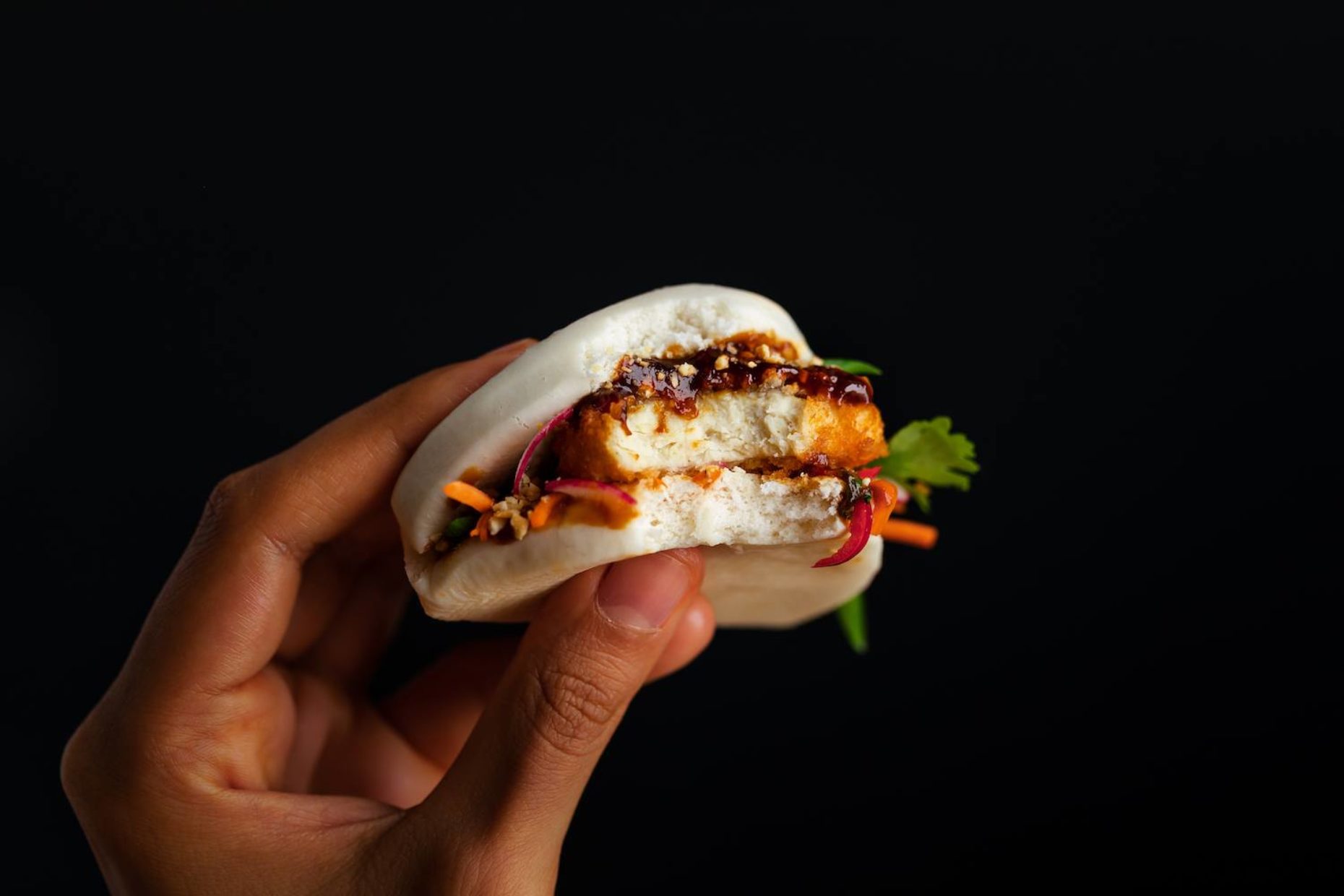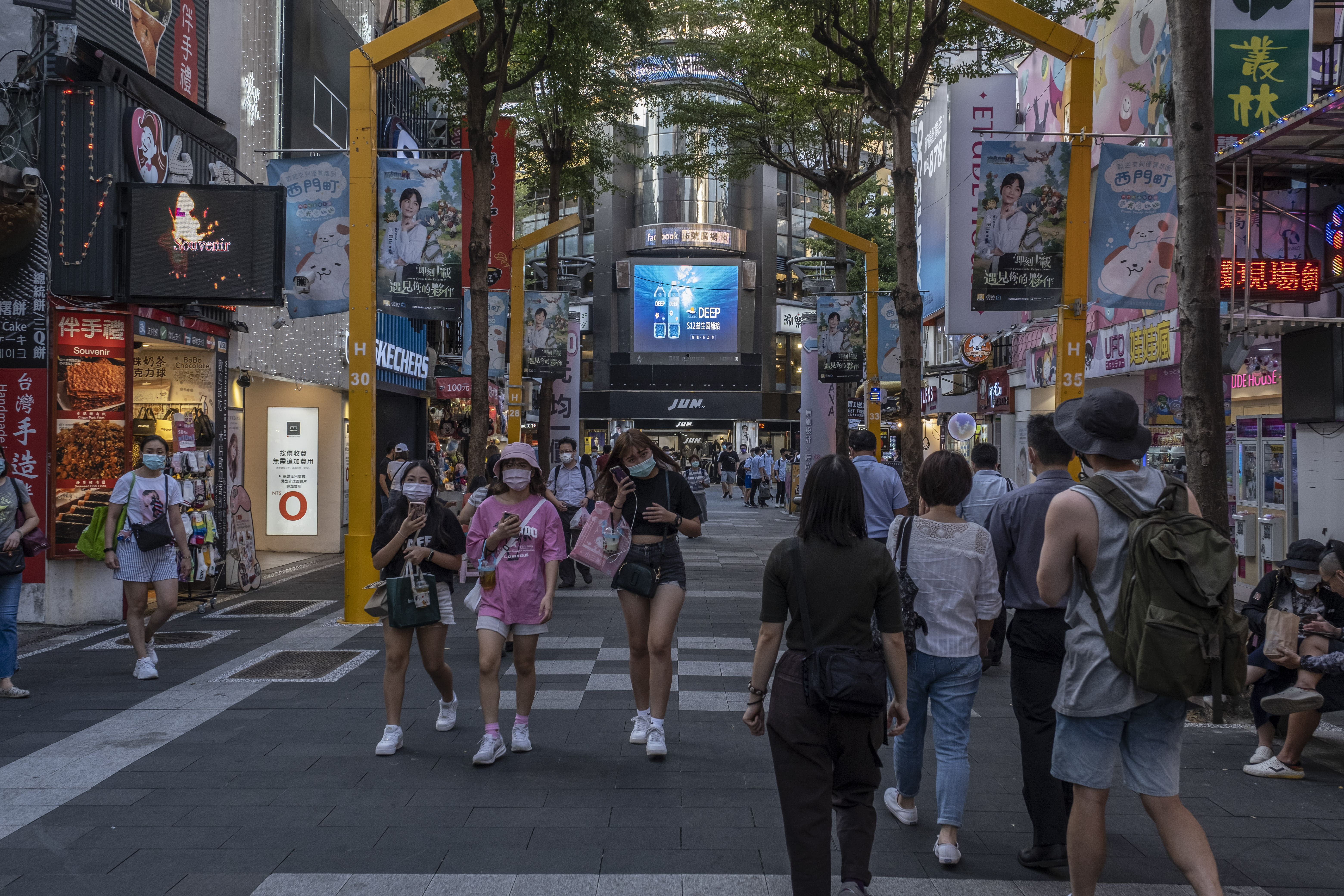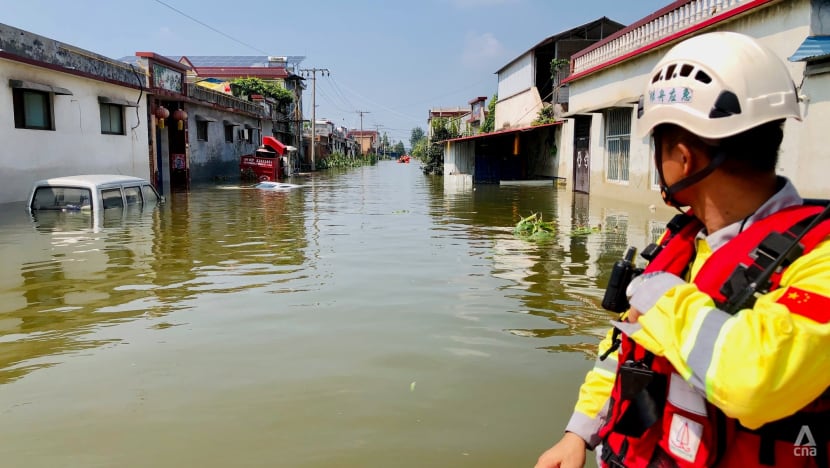Splashy headlines have long overshadowed inconvenient truths about biology and economics. Now, extensive new research suggests the industry may be on a billion-dollar crash course with reality.
Alternative protein company Eat Just started selling small amounts of cultured chicken in Singapore earlier this year (2021).
 |
| Alternative protein company Eat Just started selling small amounts of cultured chicken in Singapore earlier this year. |
Paul Wood didn’t buy it.

